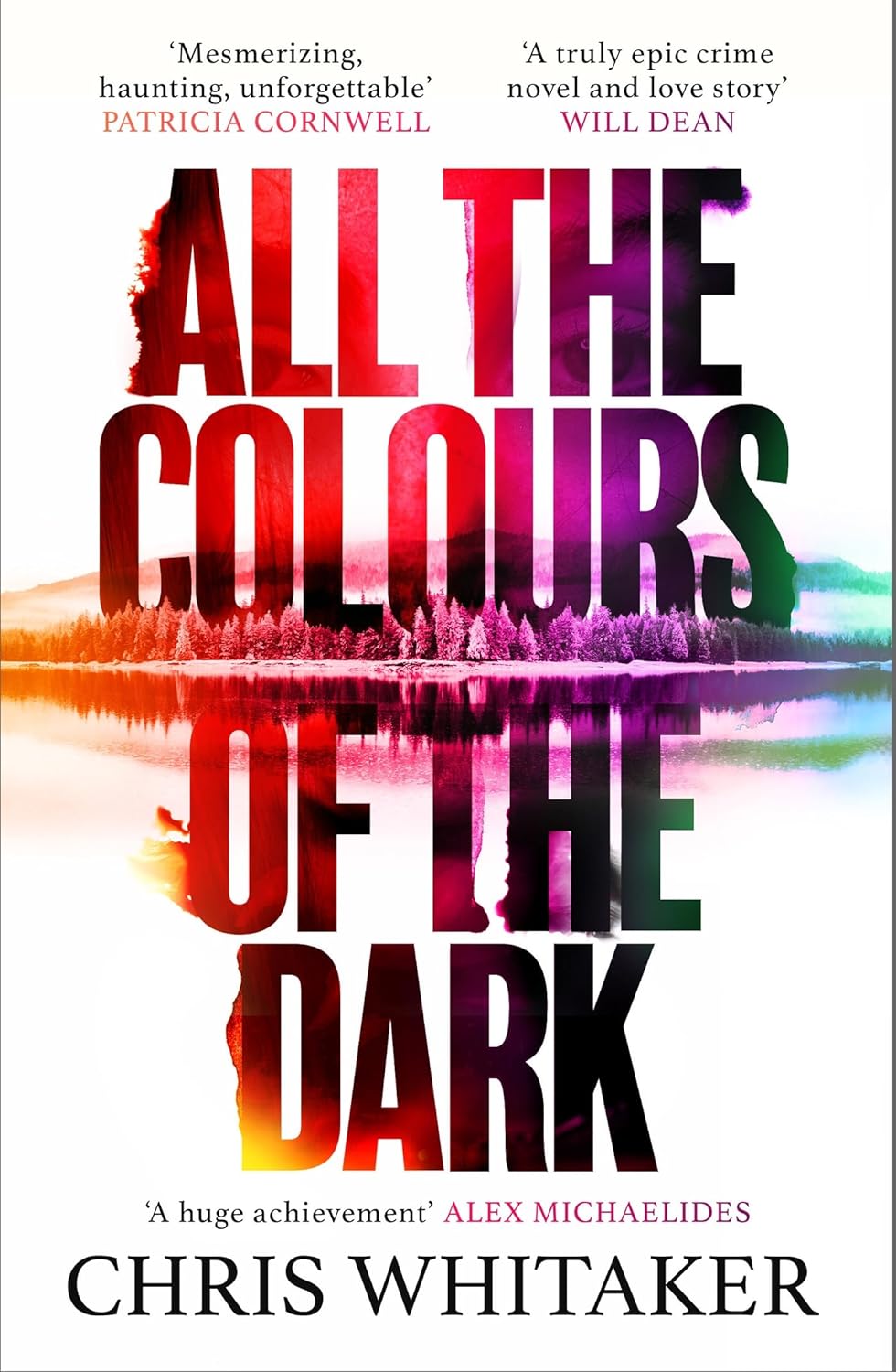Chapter 145
byChapter 145 of All the Colors of the Dark follows a rhythm of ordinary moments woven with subtle emotional undercurrents. Misty occasionally stopped by the gallery, where Patch could often be found by the wide front window. From that perch, he quietly tended to the glass, becoming part of the street’s living scenery while basking in sunlight that did little to warm the sense of absence left by the missing girls. Even in silence, their stories lingered—ghosts of what was lost watching him as he worked. On weekends, Patch joined Saint and her grandmother Norma for breakfast at Lacey’s Diner, a ritual that blended comfort with quiet friction. Norma, sharp-tongued and never shy with her opinions, often directed barbs at Patch’s expense, while Saint played the role of peacekeeper, gently instructing the waitress to spike Norma’s coffee. Between bites of eggs and dry toast, the conversation meandered through town gossip, but when the topic of the Los Angeles riots surfaced, Norma shook her head and muttered that the world was unraveling from a lack of simple courtesy.
Meanwhile, across town, the Palace 7 theater sat dormant, its heavy doors shut since the autumn of 1986. Inside, dust had settled over velvet seats and faded carpets, remnants of a space once full of laughter and light. Sammy, the building’s frustrated owner, had long battled with local officials over zoning restrictions. His grand vision—to restore the cinema to its former glory—was held hostage by red tape. Still, Sammy clung to hope. He saw something in the tall ceilings, in the way sunlight filtered through stained glass panels near the roof. Yet hope wore thin when plans were stalled and funds ran short. Then, out of the blue, Mitzie appeared—wife of the aging projectionist Walt Murray, who at nearly ninety still remembered every reel of every film he ever showed. Mitzie proposed reviving the Palace for one night, just one, to surprise Walt. Sammy agreed, albeit distracted and half-listening. The next morning, dulled by too much Remy Martin, he forgot the entire conversation.
A week later, Sammy’s mood turned sour when he spotted a poster advertising the surprise screening. Feeling blindsided, he stormed out of his gallery, railing against Mitzie’s forwardness. Patch, ever the calm foil to Sammy’s chaos, stepped in to mediate. He suggested that this event could be more than nostalgia—it could be a moment of healing for the community. Sammy scoffed, dismissing the idea with a cynical wave of his hand. He claimed that his art gallery already gave people something meaningful, a place to escape and reflect. What good would screening an old movie do, he asked, especially when the town barely acknowledged his other contributions?
Patch wasn’t deterred. He pointed out how people still walked past the theater and paused, looking in with a mixture of sadness and longing. The Palace 7 wasn’t just a building; it was a place where people fell in love, laughed with their children, and found small joys. Patch leaned into the moment, telling Sammy that even if they couldn’t fix the world, giving the community one night to remember might just make a difference. Sammy rubbed his chin, stared at the poster, and muttered that maybe, just maybe, he’d be willing to help out. But only if they weren’t showing something ridiculous.
Patch grinned and walked over to the board to check the listing. Sammy’s eyes narrowed. “What movie is it?” he asked, bracing himself. That simple question carried an undercurrent—possibly tied to a memory, an emotion, or a regret buried deep. Patch’s pause said more than his answer would. The chapter ends with that tension lingering in the air, as both men stood silently in front of the poster, unsure whether the past they were about to revive would bring laughter, pain, or something in between.
This chapter subtly highlights the emotional resistance many characters face when asked to reconnect with community, tradition, or memory. While nostalgia might offer comfort, it can also reawaken feelings many work hard to forget. Sammy’s struggle isn’t just about logistics—it’s about control, about protecting himself from vulnerability. And Patch, patient and persistent, seems to understand that growth sometimes requires revisiting what was left behind, no matter how painful.

